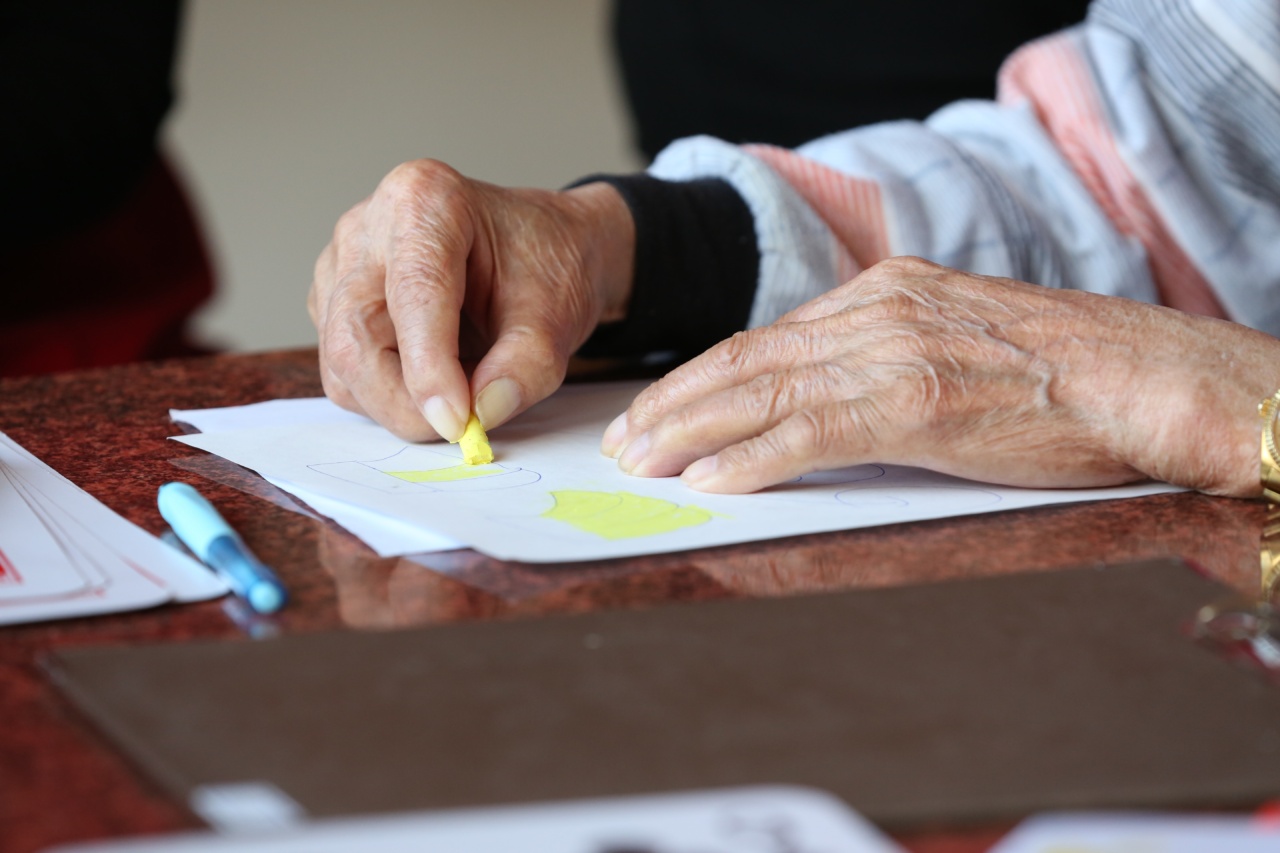Psoriatic arthritis is a chronic inflammatory condition that affects the joints and occurs in individuals with psoriasis, a skin condition characterized by red, scaly patches.
It can cause joint pain, stiffness, and swelling, significantly impacting an individual’s quality of life. Fortunately, there are several effective therapies available to manage the symptoms and slow down the progression of the disease.
Nonsteroidal Anti-Inflammatory Drugs (NSAIDs)
NSAIDs are commonly used as a first-line treatment for psoriatic arthritis. They work by reducing pain and inflammation in the affected joints. Popular NSAIDs include ibuprofen, naproxen, and diclofenac.
While generally safe, long-term use of NSAIDs may have side effects such as gastrointestinal problems and increased risk of cardiovascular events. It is essential to use NSAIDs under the guidance of a healthcare professional.
Disease-Modifying Antirheumatic Drugs (DMARDs)
DMARDs are a class of drugs that target the underlying immune system dysfunction associated with psoriatic arthritis. They help slow down the progression of joint damage and reduce symptoms such as pain and stiffness.
Methotrexate is the most commonly prescribed DMARD for psoriatic arthritis. Other DMARDs like sulfasalazine and leflunomide are also used. DMARDs require regular monitoring as they can have potential side effects on the liver and blood counts.
Biologic Response Modifiers
Biologics are a newer class of medications that target specific molecules involved in the inflammatory response. They are highly effective in treating psoriatic arthritis and are often used when other treatments fail.
Biologics such as tumor necrosis factor (TNF) inhibitors (e.g., etanercept, adalimumab) and interleukin-17 (IL-17) inhibitors (e.g., secukinumab, ixekizumab) can provide significant relief from symptoms and improve joint function. However, biologics may increase the risk of infections and require regular monitoring.
Targeted Synthetic DMARDs
Targeted synthetic DMARDs are oral medications that work by blocking specific molecules involved in the immune response.
Janus kinase (JAK) inhibitors, such as tofacitinib and baricitinib, are examples of targeted synthetic DMARDs used in psoriatic arthritis. They can provide relief from joint pain and swelling and improve physical function. These medications have side effects like increased risk of infections and may require regular monitoring.
Corticosteroids
Corticosteroids, such as prednisone, are potent anti-inflammatory medications that can provide rapid relief from pain and inflammation. They are usually prescribed for short-term use during flare-ups or when other therapies fail.
Corticosteroids can have side effects, including weight gain, increased blood sugar levels, and a weakened immune system. Prolonged use of high-dose corticosteroids should be avoided due to the risk of long-term complications.
Physical Therapy
Physical therapy plays a crucial role in managing psoriatic arthritis. It involves exercises, manual therapy, and various techniques to improve joint mobility, strengthen muscles, and reduce pain.
Physical therapists can provide tailored exercise programs and guidance on managing day-to-day activities to minimize joint stress.
Occupational Therapy
Occupational therapy focuses on helping individuals with psoriatic arthritis adapt to their daily routines, both at home and work.
Occupational therapists can provide valuable advice on modifying tasks, using assistive devices, and making environmental changes to reduce joint strain and increase overall functioning.
Exercise and Lifestyle Modifications
Regular exercise can help manage symptoms and improve overall well-being in individuals with psoriatic arthritis. Low-impact activities such as swimming, cycling, and yoga can help maintain joint mobility while reducing the risk of injury.
It is essential to maintain a healthy weight, as excess weight can put additional stress on the joints. Additionally, a healthy diet rich in anti-inflammatory foods, such as fruits, vegetables, and omega-3 fatty acids, can be beneficial.
Stress Management and Psychological Support
Psychological stress can exacerbate symptoms of psoriatic arthritis.
Stress management techniques like mindfulness meditation, deep breathing exercises, and counseling can help individuals cope with the emotional impact of the disease and reduce the severity of flares.
Surgical Options
In severe cases of psoriatic arthritis where joint damage is significant and conservative therapies have failed, surgery may be considered. Joint replacement surgeries, such as hip or knee replacement, can alleviate pain and improve mobility.
However, surgery is typically reserved for those with severe functional limitations and should be discussed thoroughly with a healthcare professional.




























